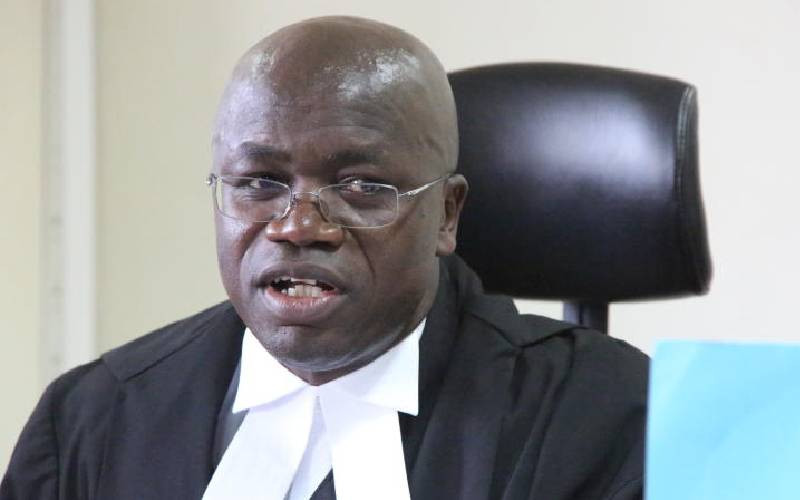×
The Standard e-Paper
Stay Informed, Even Offline

It is against the law for schools to force students from different religions to follow the institution's faith, the Court of Appeal has ruled.
Schools will now abide by a circular by the Ministry of Education Principal Secretary, dated March 4, 2022, advising on the need to respect the religious rights of learners.